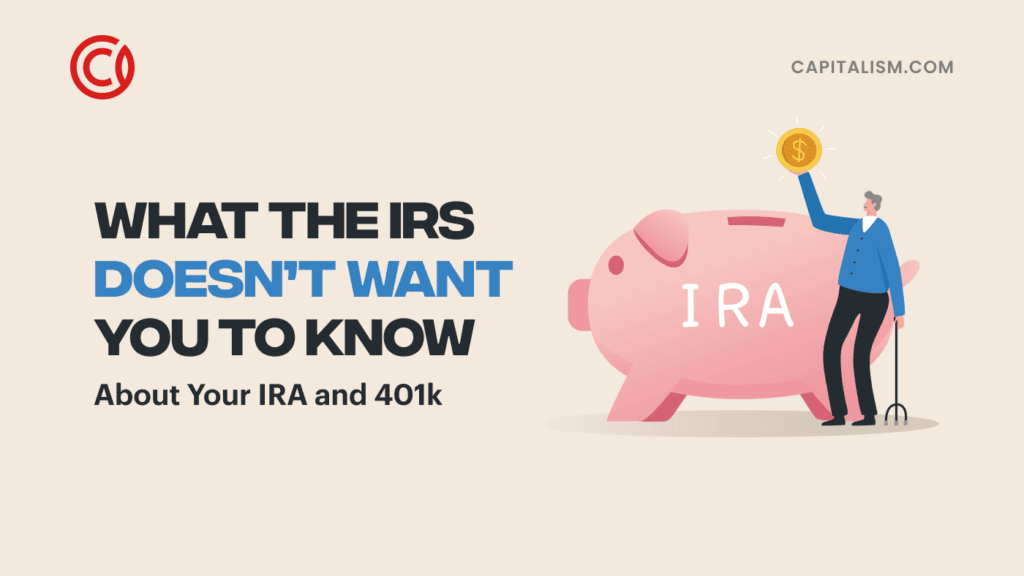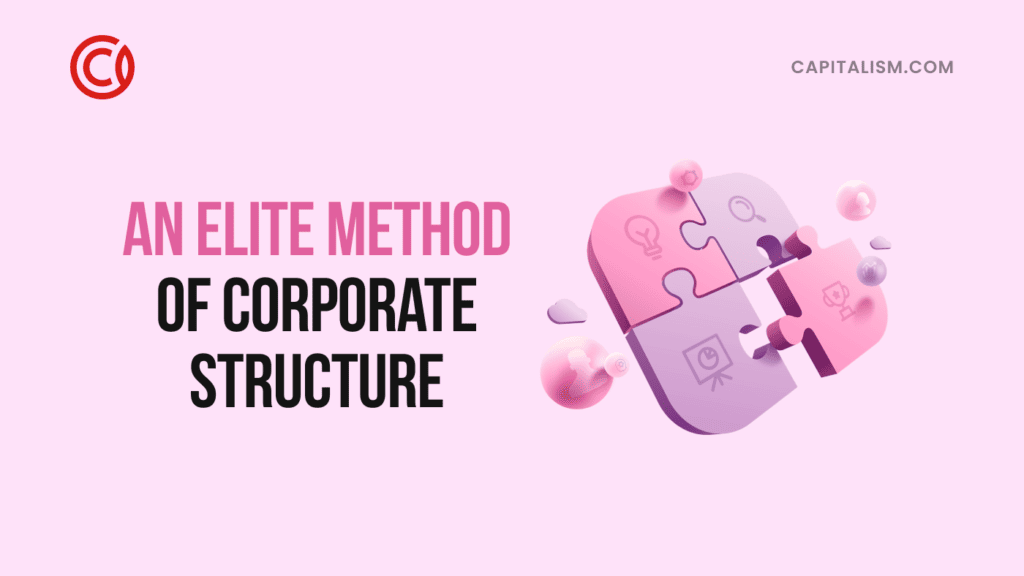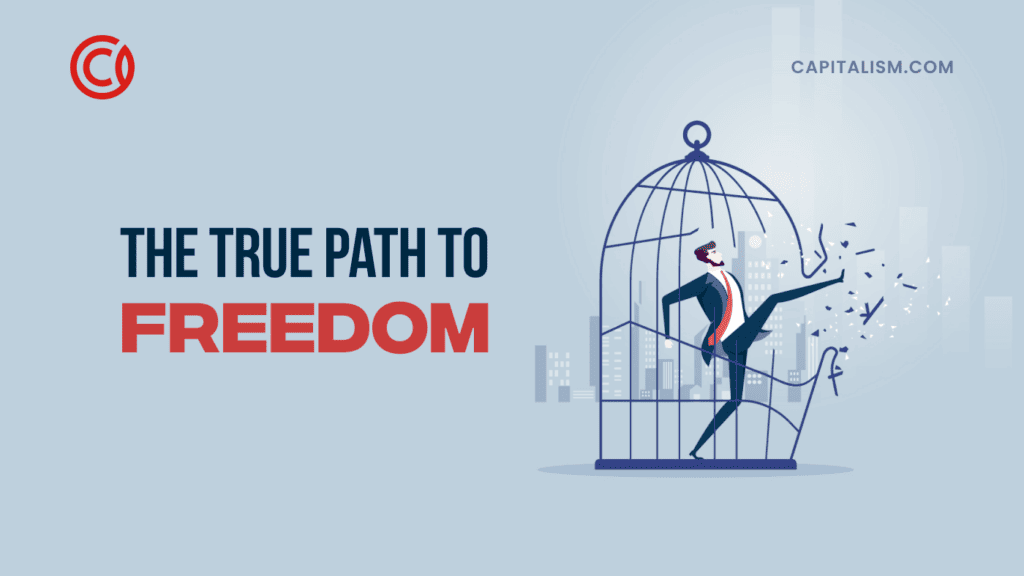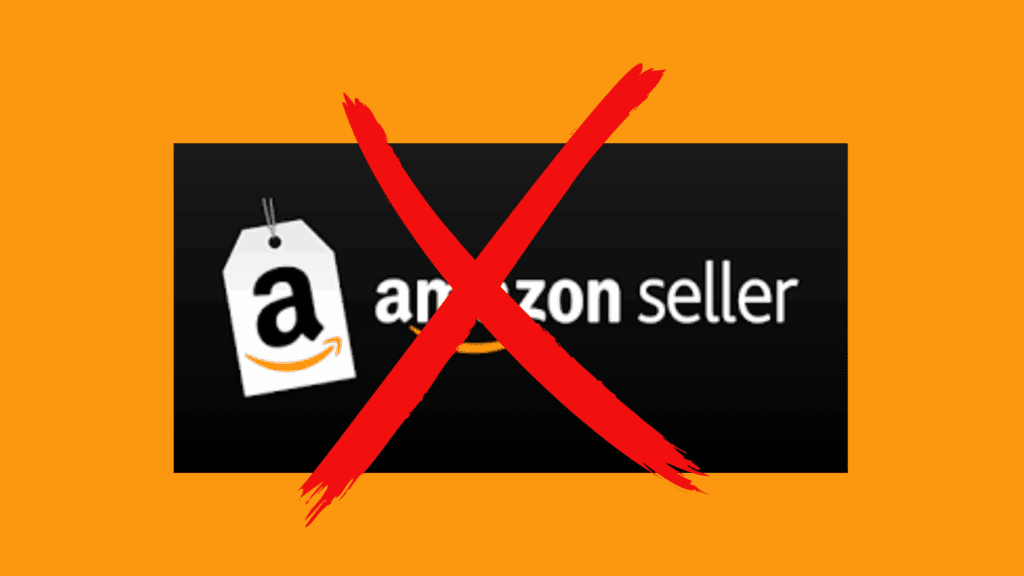Far too often, our society rewards people for making themselves into victims instead of proactively taking responsibility and aiming to create positive action to solve problems.
Are you disturbed by certain injustices? In many instances, our first inclination is to stand in the middle of the road, blocking traffic, chanting, and in some cases rioting. Often, these “protests” become violent and turn into mobs of people burning down local businesses. And the media rewards this victimization by giving national media coverage to riots.
Who gets hurt by burning down businesses? Your community. Who is helped by rioting? Nobody.
Rioting doesn’t solve any problems or undo injustices. Whining and making ourselves victims doesn’t actually help those in need.
Yes, it’s important to make your voice heard. But in the past, what has been most effective in solving problems and impacting the lives of others? Action. Instead of complaining, it’s time to start proactively thinking of solutions, and then acting to make those solutions into a reality.
Starting a business, becoming an entrepreneur, is the best way to solve problems. If you disagree, it might be due to the misconception about the profit motive in entrepreneurship. If you’re creating a product or service that is solving a problem, that has a purpose and serves a need, and you have customers who are buying and loving it, that’s proof that what you’re doing is right. It’s validation that you’re filling a need, a gap in the marketplace.
Capitalism is our chance to say we’re not victims, we’re compassionate champions of freedom and liberty for all. Standing outside with a sign, picketing or destroying property is not the way to create positive change.
If you want creative destruction, create a business that disrupts the market, Show that there are new, better ways of serving people, helping people, through entrepreneurship.
RELATED:
• Obamacare Disaster: Time to Repeal and Replace
• Does the Sharing Economy Really Hurt Workers?
• The Truth About Charter Schools: They Threaten The Status Quo











